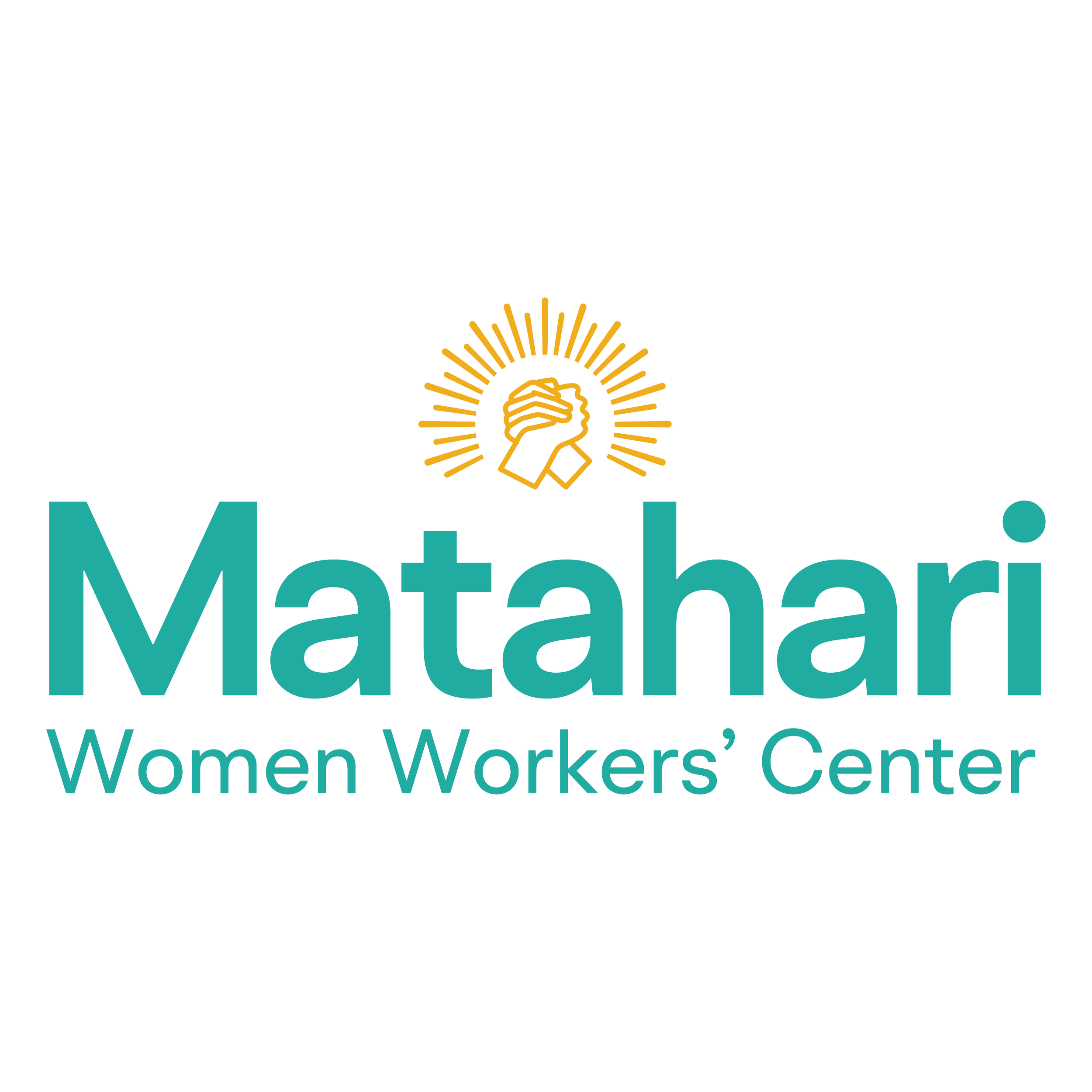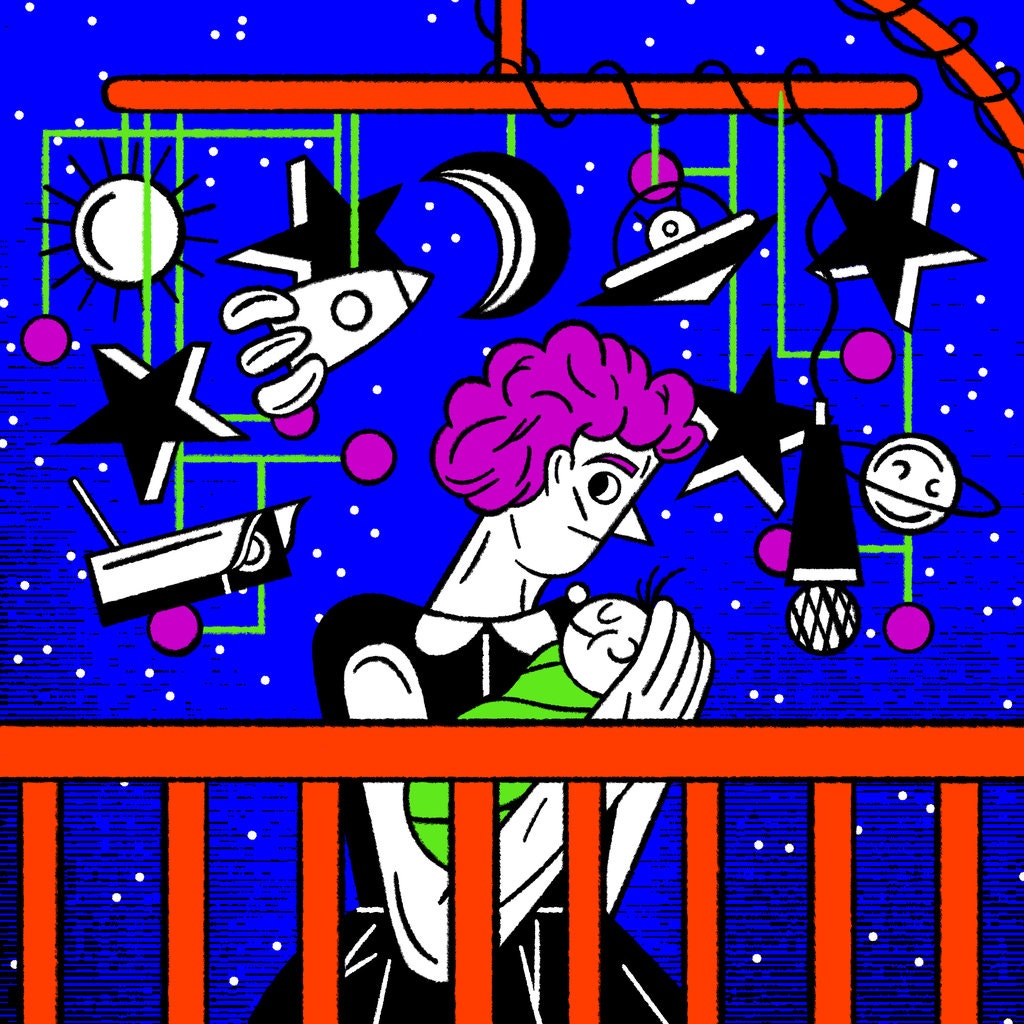Matahari Member-Leader is Published in the New York Times
When Parents Eavesdrop on Nannies
It was troubling to learn that my voice was being recorded, day and night, without my knowledge or permission.
By Angella Foster
Ms. Foster is a nanny in Boston.
Aug. 19, 2019
I remember the deep betrayal I felt several years ago when I realized the family I had been working for as a nanny had been recording my voice without my consent. My employer wanted to tell me something about her spouse.
“Let’s go into another room,” she said to me in a whisper. “The camera is on.”
I was aware of the nanny cam in the room, but her comment revealed to me that the camera was doing more than just capturing silent videos of me and my interactions with the children. It was also recording everything I said, whether it had to do with my job as a nanny or not.
I have no problems with nanny cams. The children I look after are precious, and I understand that parents need to know that their children are being properly cared for. In fact, many nannies even prefer to have video recordings, within reason. But it was troubling to learn that all this time, my voice was also being recorded — day and night — without my knowledge or permission.
I have been a nanny for 20 years, and I take enormous pride in my work. For 13 of those years, I was undocumented. My shifts were often as long as 11 hours without a break. If I had to deal with business related to my immigration status, or if my family in America or Jamaica needed to discuss something with me over the phone, I could not leave the premises to handle it. Nannies often have to seize a few moments here and there — during naps or playtimes while our eyes are on the children — to take care of urgent matters in our own lives or simply to connect with friends and loved ones.
Being a nanny can be very isolating. We spend most of our lives inside invisible workplaces, helping households run smoothly and caring for children as if they are our own. But we are often underpaid, undervalued and treated like intruders, or worse, criminals.
Although my immigration status had changed by the time I found out that my employers had been recording my conversations, I didn’t have the courage to object or talk about it. The fear I had developed as an undocumented immigrant was still present, and I didn’t know I had any rights to privacy as a nanny.
I dealt with it by trying not to say much within earshot of the cameras. I limited and censored my own speech and private conversations, wondering whether at any time something I said could put my job or my family in jeopardy.
In 2014, another nanny invited me to a Know Your Rights training session at the Matahari Women Workers’ Center in Boston. I was amazed to see 150 nannies in one place, talking honestly about what happened in our workplaces. I had no longer worked for the family that had recorded my voice, but that feeling of betrayal flooded back to me when I learned that in Massachusetts, where I live and work, it was illegal for my employers to record my voice without my consent.
A few months ago, Matahari started a Nanny Cam Campaign and conducted in-person surveys with more than 100 nannies about their rights and how they felt about being surveilled. Sixty-three percent of the nannies we surveyed did not know whether their voices were being recorded. Fifty-five percent had no written contracts, and less than half knew they had privacy rights inside the homes where they worked. The nannies we surveyed felt that video recordings were less of an invasion of privacy than audio recordings.
Now I teach other nannies their rights, but it has taken years for me to develop the confidence to be more selective about whom I will work for or ask for more of what I am entitled to, such as a written agreement or time off when I’m sick. For nannies, knowing our rights is a first step, but asking our employers to honor them is not easy.
It is important for employers and the government to also take responsibility for following and enforcing the law.
Employers should offer nannies written contracts in which the surveillance practices in the home and the rights of the nanny are clearly detailed.
Since Massachusetts adopted the Domestic Workers Bill of Rights in 2014, nannies can find resources to protect their privacy on the attorney general’s website. Congress should follow the state’s lead by passing the recently introduced Domestic Workers Bill of Rights Act, which includes privacy rights for domestic workers, especially live-in workers.
I have always loved being a nanny, and like most nannies, I know how important my work is. The children in our care deserve our best. This means that both employers and nannies must enter into relationships of mutual trust and respect. Nannies should be informed of their rights to privacy, and employers must talk openly with them about their surveillance practices. This can ensure that the home as a workplace is working for everyone.
Angella Foster is an organizer and member-leader with Matahari Women Workers Center and the National Domestic Workers Alliance. This article was originally published on the New York Times.

